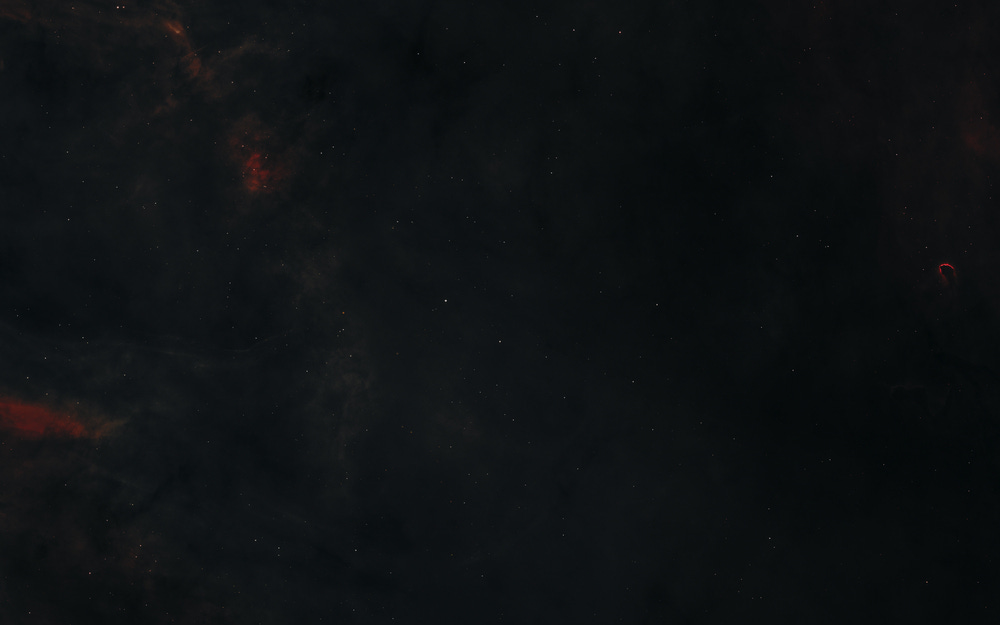This is the last of 6 mini-lectures on tropes in literary craft.
Part 1: Undoing show don’t tell.
Part 2: Undoing Chekhov’s gun.
Part 3: Undoing concrete time and place.
Part 4: Undoing Gardner’s fictional dream.
Part 5: Undoing growth and revelation.
Who knows what is known? Who can tell you what they know you know and have the right to speak of? Why let someone else dictate the size of your own life? Why stand on ground already erasing itself in your memory and in the world’s eye and claim to own it? Why not make it all up? Why not find a different sort of tunnel into truth, into a version of truth not yet already beaten to death and run bloodless?
What borders span your own emotional terrain? What insight might be garnered in empathy, in imagination of the other, in unlocking land that did not previously exist? What can be felt and not described? How might we describe the indescribable, the impossible? What can be discovered only in one’s dreams? What can you say that no one else could ever? What might it mean, even to you?
Writing isn’t a godlike act; it’s not alchemy. It happens one word at time; it builds itself beneath your eye. Any word might be the next word, any thought the one that unlocks the door, reveals the secret of existence, love, conception. There are no laws, no stock market, no one to stop you but yourself. In such a light, we might write as if the world depended on it, because it turns out that it does.
READINGS
Jorge Luis Borges, “The Circular Ruins”
Trinie Dalton, “Bienvenido El Duende”
EXERCISE
Write a story set in a real place you’ve never been about an event you’ve never experienced hosted by people who are unlike anyone you’ve ever met to an end you never would have expected when you began writing the story.





